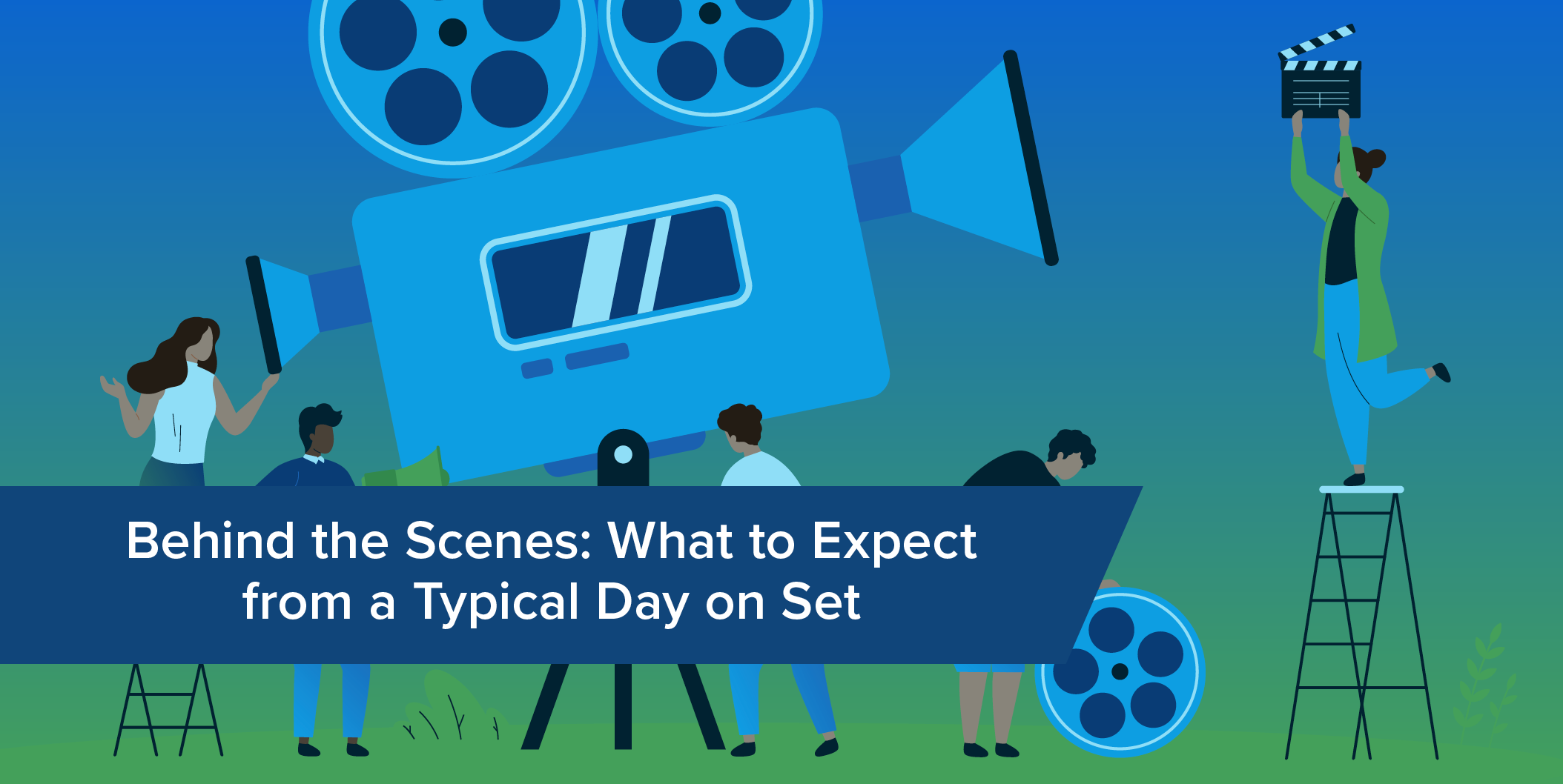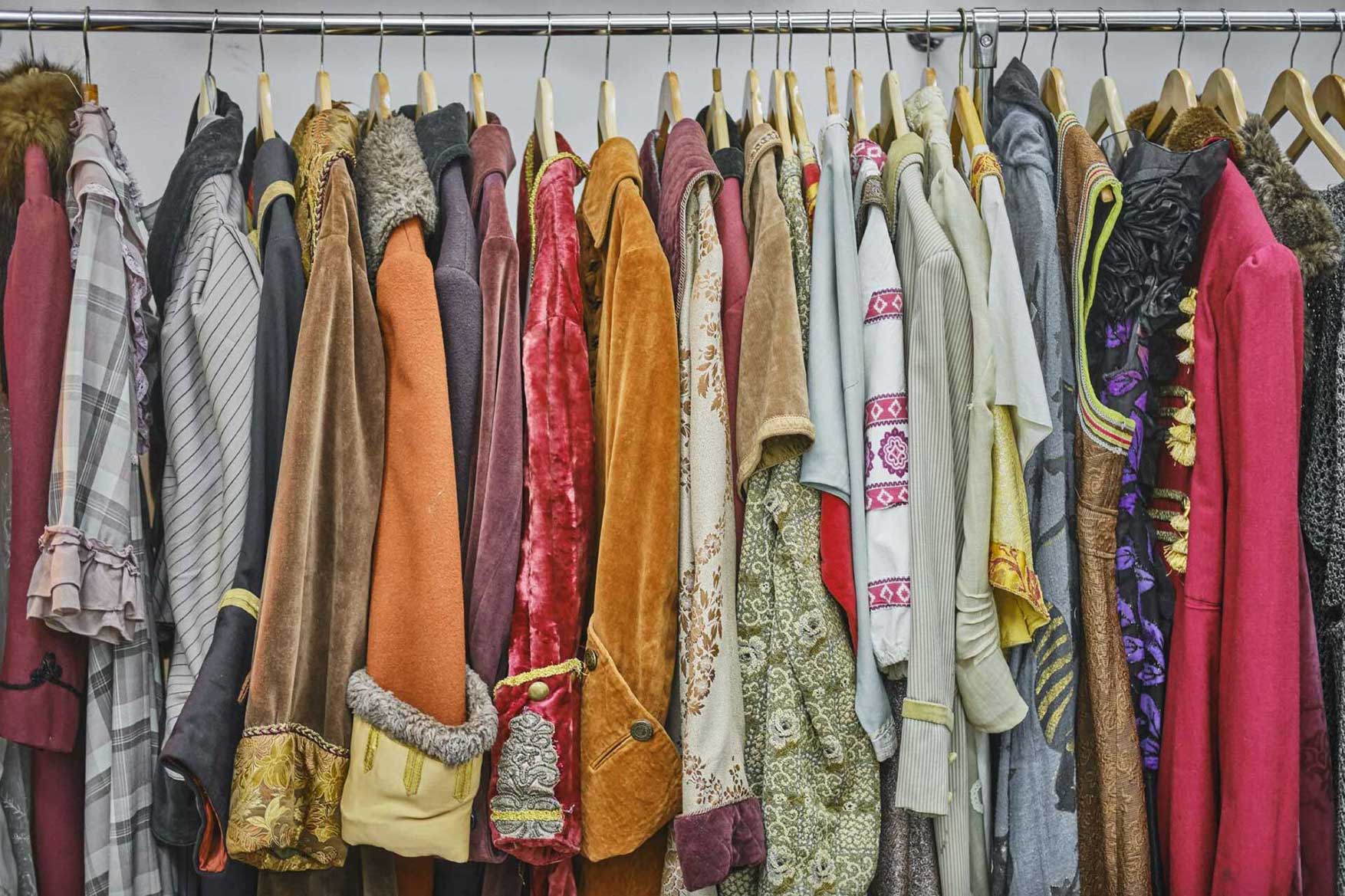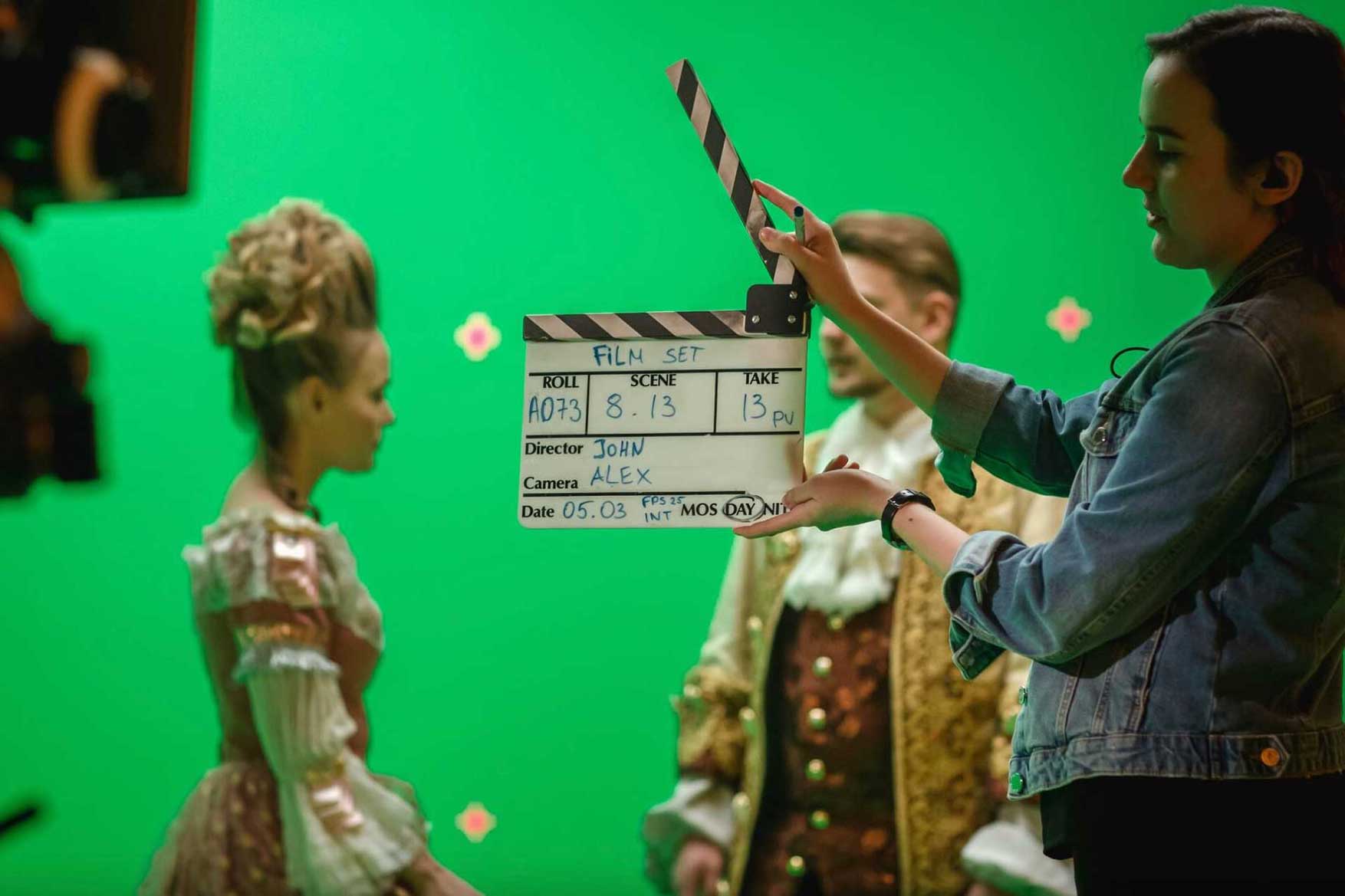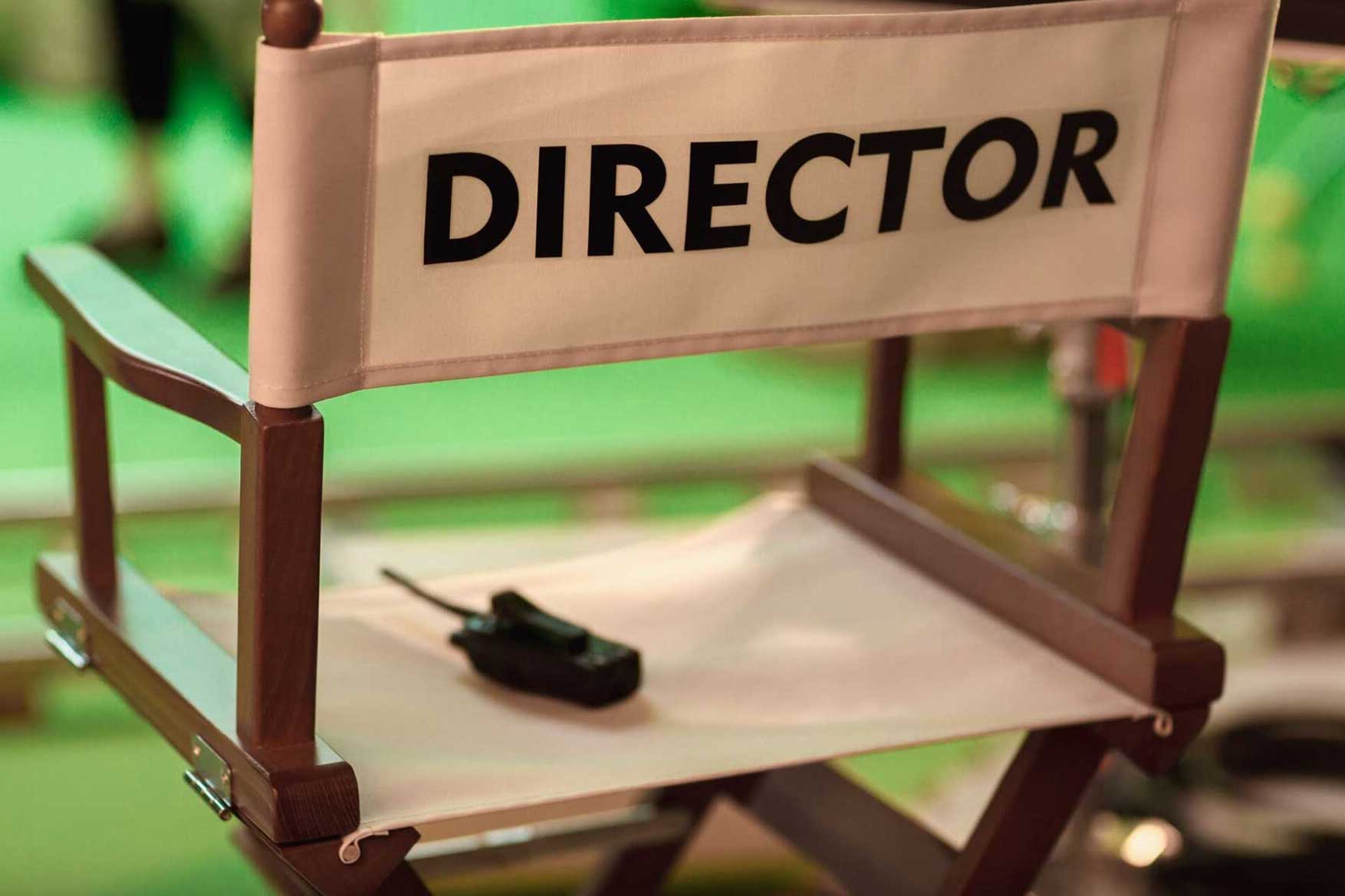Behind the Scenes: What to Expect From a Typical Day on Set

No film or TV set is exactly like another. Each is a unique hub of creativity, where diverse talents collaborate to bring a story to life. This is even more true on a shoot day, when the set is dressed, the cameras and lighting are rigged and the actors (and supporting artists!) are in position.
It’s an exciting workplace, but if you’ve never experienced it, it can be a little daunting. So, what does a day on set actually look like for a supporting artist?
Early call times
Before the shoot (usually the day before), you’ll be given a specific call time which is when you need to arrive. Your call time will usually be a number of hours before the shoot is scheduled to begin so that you can check in and get ready for the day ahead.
When you first arrive on set, someone will be there to tell you where to go. You’ll generally need to have your hair and makeup done, be dressed in a costume and eat breakfast (if it’s a day shoot) and will be directed to the various stations as appropriate.

Getting ready to shoot
Once the director is on set and has had a morning briefing, the actors will generally start ‘blocking’ (i.e., rehearsing a scene in the location where it will be shot). The director and the crew will watch the scene being rehearsed so that they can see where the actors and supporting artists will be positioned, and the camera crew will practice shots to avoid making mistakes when filming begins. The sound engineers will also use this time to see where to hold the boom without it being seen.
Filmmaking involves a lot of people, props and equipment and coordinating all these elements takes time. It often requires a lot of rehearsals to get each scene just right. Many scenes are rehearsed and shot multiple times before filming begins.
Rolling! Action!
When the director is ready to start filming, they’ll announce a ‘rolling call,’ which indicates that filming is about to begin. This is a signal for everyone on set to be prepared and maintain silence and focus.
The director or assistant director (AD) may then call “action,” which signals the start of the scene. You’ll have been given directions on what to do when the camera starts rolling, which may include anything from standing still to riding a bike to wielding a sword depending on the scene and your role in it.
During filming, the script supervisor pays attention to details to ensure there is continuity between shots. They note any deviations from the script and keep track of the props and set elements. Lighting, makeup and wardrobe are also actively involved in maintaining consistency and quality.
Once a scene is complete, the director or AD calls “cut!” This means that filming for that particular take is finished, but it might not necessarily be time to move onto the next scene. The director may want to offer feedback or adjustments and further takes might be required.

Breaking for lunch
Meal breaks are an important part of shoot day as they ensure everyone remains fed and focused. Meals may be provided on set, or you may be told in the check-in information sent to you before the shoot to bring your own food, in which case you’ll be given a meal allowance (usually a payment added to your chit). See here for more information on meal payments.
If a shoot requires meal breaks to be cut short (“curtailed”) or delayed, union agreements usually require the production company to pay a penalty. For that reason – and to ensure the wellbeing of everyone working on the production – meal breaks are carefully scheduled.
Long hours
Film and TV productions operate to tight schedules and budgets; it costs a lot of money to hire a studio, location and actors, so productions want to get the most out of each day. Shooting days often run for between 10 to 12 hours, especially during critical scenes or complex setups.
The schedule is generally structured to accommodate the needs of the principal actors, who may require time for rehearsals, makeup and discussions with the director.
For supporting artists, this can mean a lot of waiting around, so be sure to bring a book or something to keep you entertained (for confidentiality reasons, phones generally aren’t permitted on set). Between takes is also the perfect time to get to know your fellow supporting artists, many of whom will likely have lots of experience and stories they can share.
Delays are also common, especially if the production involves multiple locations or scene changes. Script edits, weather conditions and the complexity of a scene or shot can all contribute to long shooting days as well and may mean that you go into overtime.
You should always be told how many hours the basic rate covers (i.e., when you will go into overtime) when you are offered the job. See here for more information on overtime rates.

It’s a wrap!
At the end of the shoot, the director or AD may announce “it’s a wrap” to signal that filming has finished for the time being. The production team will then wrap out each supporting artist, recording their finish time on their chit plus any other fees and penalties they’re owed so that they can be paid correctly (this is all done digitally if they are using the Casting Portal, which saves a lot of time).
Once you’re wrapped out, you can make your way home, either via your own means or using the transport laid on by production if the shoot is at a studio or a hard-to-reach location. Go home, put your feet up and relish in the magic of an epic day’s work!
Interested in becoming a supporting artist? Sign up to the Entertainment Partners Casting Community!